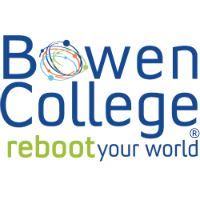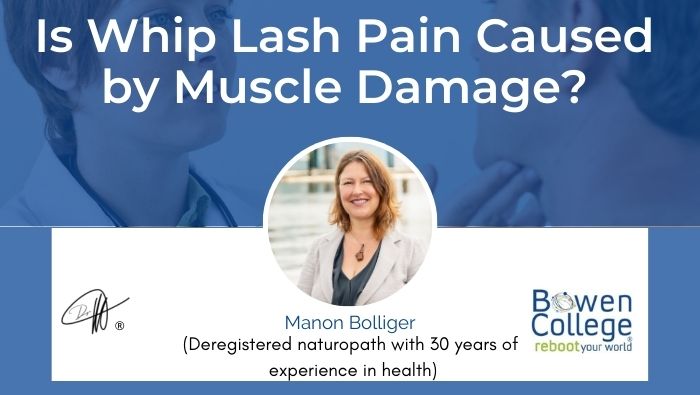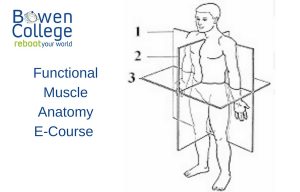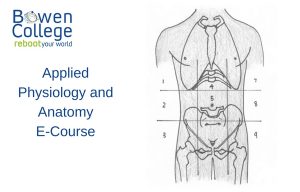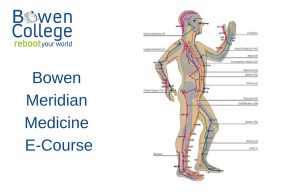In the last couple posts we’ve seen how mechanical and structural explanations for persistent whip lash pain don’t stand up as well as does subjective and emotional explanations. It turns out than even muscular explanations are not as compelling as many might assume they would be.
There is a body of research that has found that chronic neck pain after whiplash injuries does not appear to result from muscle damage (Barnsley,1994, pp. 283-307; Whiplash Commission, 2005 LINK TO SOURCE) There is no strong evidence that whiplash trauma leads to injury of the nervous system, and studies have found that only a small proportion of individuals enduring high-impact whiplash trauma are affected in this way (Guez et al., 2003, pp. 576-9; Hildingsson et al., 1993)
In other words, the cognitive complaints have not been clearly linked to any predictable structural correlates of morphological or functional brain damage or even to measurable impaired cognitive performance. Instead, Radanov and others claim that the injury itself may trigger emotional and cognitive symptoms (Radanov, 1999), which has been linked to personality. (Vendrig, 2000) Somatization, in combination with inadequate ability to cope, may play a role in the development, persistence, or aggravation of whiplash-related symptoms, such as pain or cognitive dysfunction. (Bosma et al., 2002, pp 56-65)
In my next post, I’ll have some general comments about the conclusion that results from these observations about the relation between whip lash and other forms of injury related neck pain and what the research actually indicates about the nature of such pain.
More Blogs that might interest you:
· Treating Pain with BowenFirst™
· Assessment and the Subjective Experience of Pain
· My Story with MS: Final Thoughts
· My Story with MS: Its Emotional Resolution
· My Story with MS: The Symptom Picture
· My Story with MS: An Important Insight
· The Biology of Emotions –Psychoneuroimmunology
· Bowen allows for a safe and rapid healing process
· Healing is a Journey Informed by Fear and Love
· Coping Skills and Helpful Attitudes for Dealing with Stress
· Coping with Stress as a Variable
· How Does Stress Become Illness?
· Early Childhood Trauma and Chronic Disease
· Summarizing the Stress Memory Discussion
· More on the Deleterious Effects of Excessive Cortisol Levels
